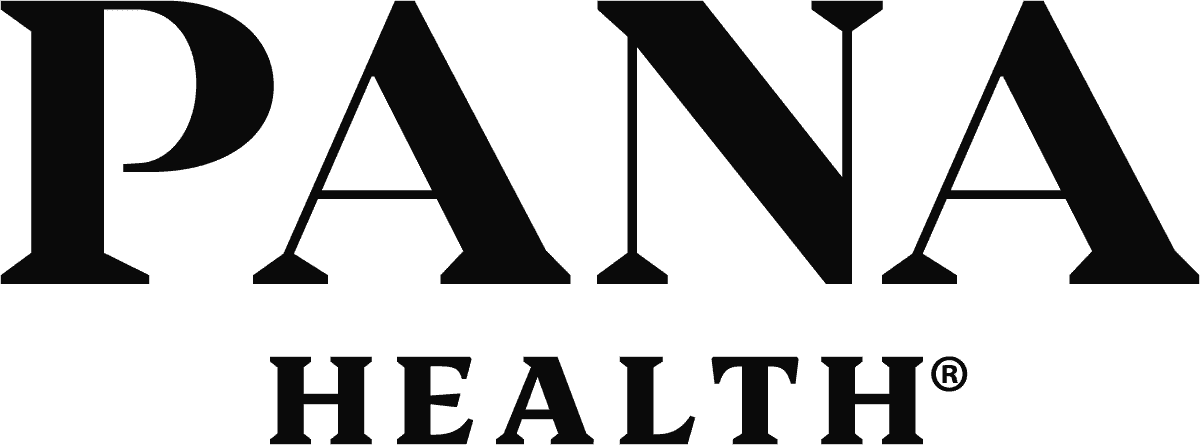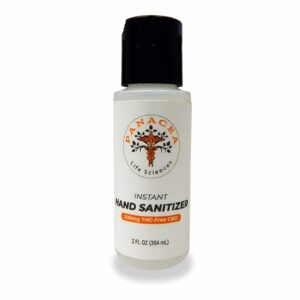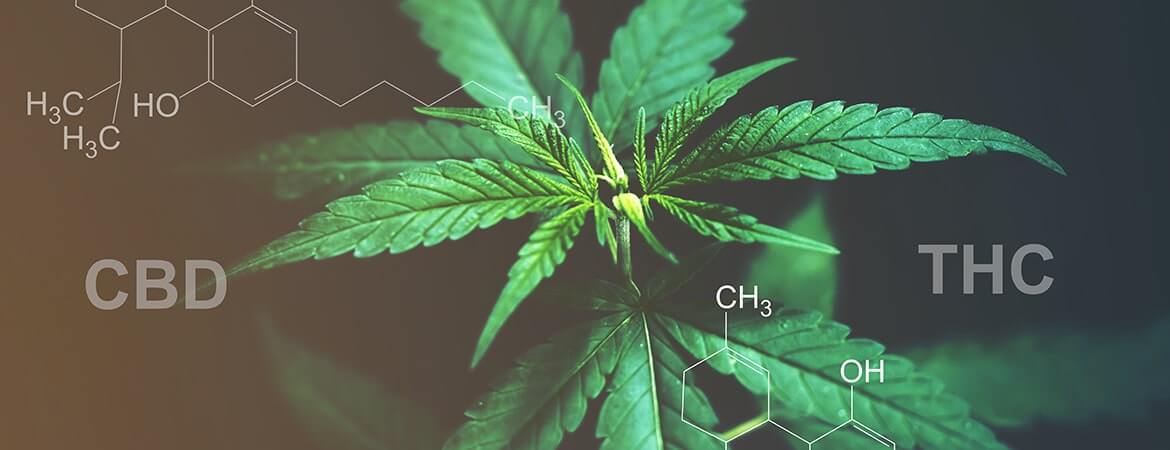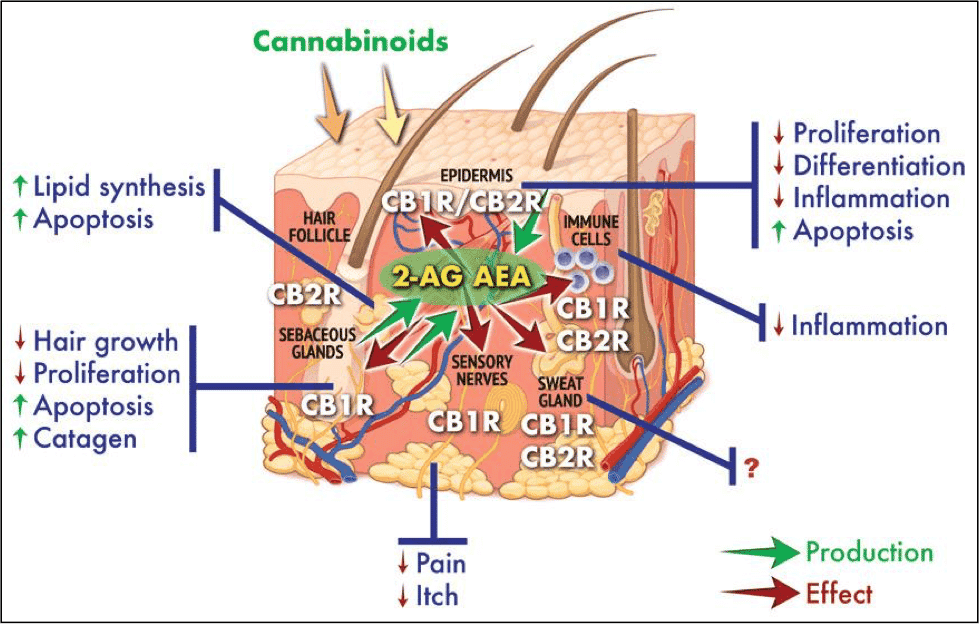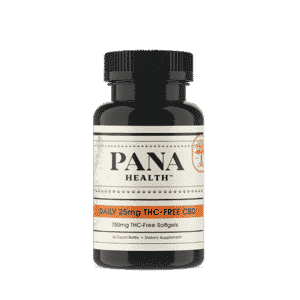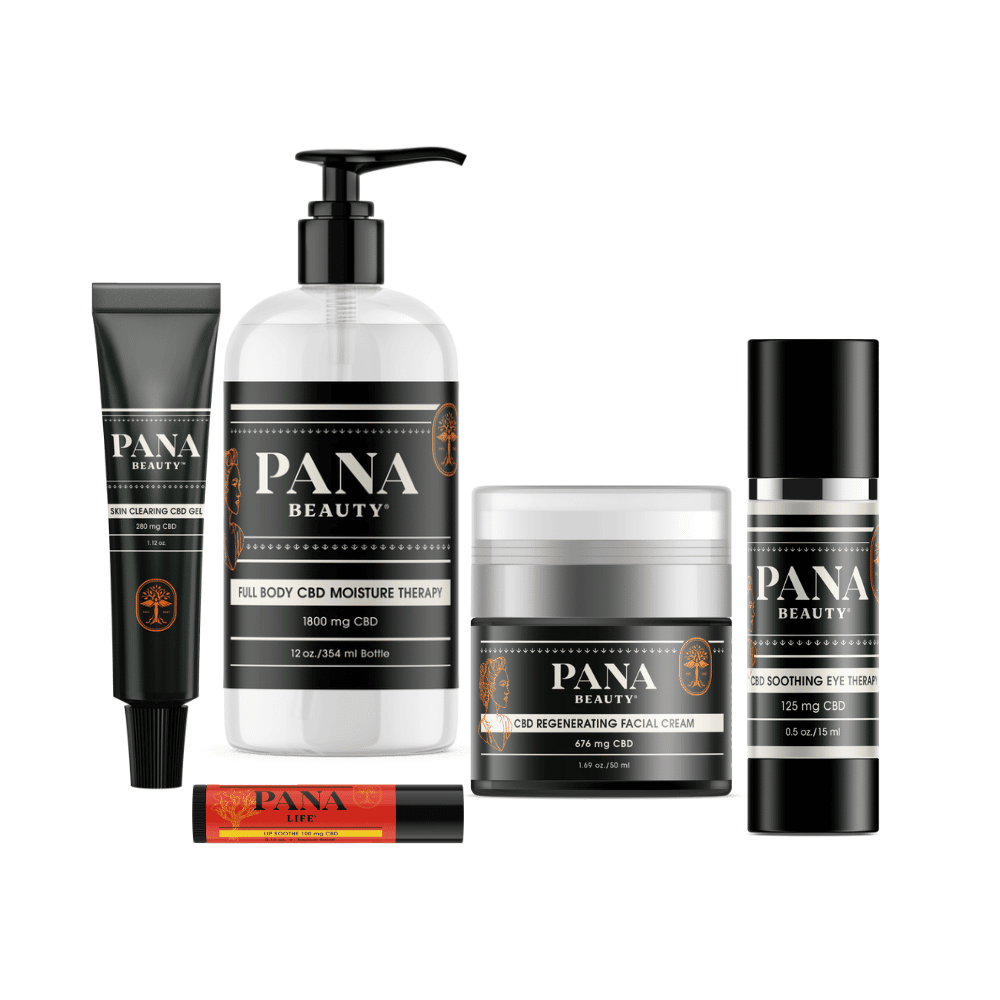Does CBD oil get you high? Cannabidiol (CBD) has many myths and misconceptions surrounding it. One of which is that it can get you “high.” We want to engage our audience and chase away all myths once and for all. So, let’s confront it right now: no, CBD in hemp will not make you high.
CBD can have the opposite effect of THC (Tetrahydrocannabinol), the compound that creates the high that is so commonly associated with Cannabis—but just stating that it won’t isn’t enough. It’s better if we understand exactly why CBD does not intoxicate you.
What is CBD?
CBD is one of the over 113 cannabinoid compounds found in Cannabis plants (marijuana and hemp). Even though they come from the same plants, CBD and THC are very distinct from one another. Despite this, many people conflate CBD with THC. THC has the psychoactive effects that are so commonly associated with cannabis. CBD, on the other hand, does not have these intoxicating effects. Instead, CBD provides the user with a sense of calm that is not debilitating or intoxicating. CBD is considered the more medicinal compound found in Cannabis, as many studies suggest it may help with things like anxiety and inflammation, where THC is regarded as the intoxicating compound.
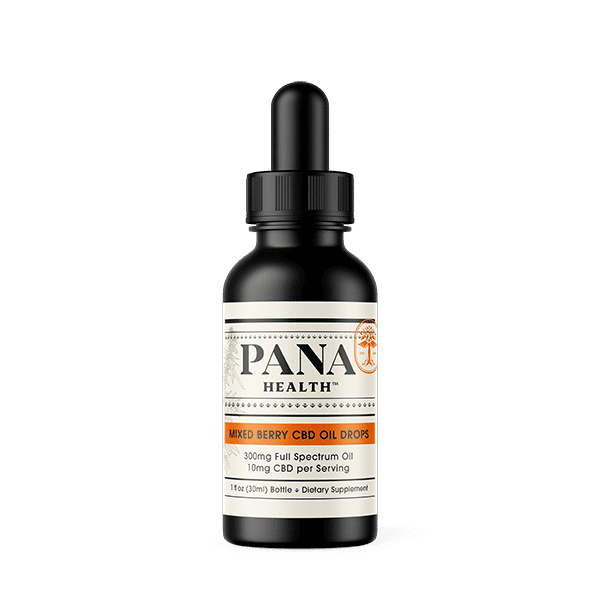
What does getting “high” mean?
To help differentiate between the calm that CBD creates and the high that THC creates, let’s define “high.” Many people describe a high as a state of euphoria. They often even claim that their senses are heightened. While this may be true for the user on some level, many of their cognitive abilities are lessened. This is what THC does. CBD does not cause cognitive abilities to drop.
Why do people think CBD will get you high?
This myth likely sprang up because of the origin of CBD. As discussed above, CBD and THC both come from cannabis. Generally, people hear “cannabis,” and they think of stereotypical stoners. But CBD, as outlined above, has very little to do with that image. Part of it has to do with the kind of Cannabis plant.
The two main kinds of Cannabis are marijuana and hemp. CBD and THC are found in both of these plants. However, one of the key differences between the two plants is the level of each of the compounds. Marijuana usually contains high levels of THC and lower levels of CBD. Hemp, on the other hand, tends to have low levels of THC and high levels of CBD.
In December of 2018, the US legislature passed the Farm Bill. This bill legalized the sale of Hemp with less than 0.3% THC concentration. As a result, most CBD product manufacturers extract their CBD from hemp plants. This makes it highly unlikely that there will be enough THC in most CBD products to get you high.
What kinds of CBD are there?
Cannabis is not the only thing that comes in different varieties. There are three main kinds of CBD. They are full-spectrum, broad-spectrum, and CBD isolate. These are mainly referring to how many other compounds in the product along with the CBD.
Full-spectrum is CBD extract in its least processed form. It is CBD with all other compounds present in the plant, including terpenes (which provide cannabis with its flavor and smell) and THC. Despite the presence of THC in full-spectrum products, it is usually a low enough level that it won’t be able to get you high. The presence of these other compounds is potentially beneficial. They could create what is called the “entourage effect.” This effect is when compounds work together to make each other stronger, potentially boosting the impact of the CBD.
Broad-spectrum is similar to full-spectrum, in that it is CBD with most of the other compounds. The only one that gets filtered out is THC. This is a good option for those who are seeking the entourage effect.
The final kind of CBD is CBD Isolate. It’s pretty easy to guess what this one is. It is CBD. Just CBD. All of the other compounds have been filtered out, leaving only the CBD. This is the compound in its purest form.
It’s easy to find products in each of these versions of CBD. These products can be anything from edibles to lotions to tinctures and oils.
How long does it take for CBD to start working?
This is a common question, but one with varied answers. Several factors will affect how long it will take to have benefit and how long the CBD effect will last; the main factors are the kinds of CBD product, the concentration of CBD in the product, and the person using the product.
The kind of product has a significant effect on how long it takes for someone to feel CBD. Lotions and topicals are slow, and the results tend to stay in the area applied. Taking CBD orally is much faster, but tinctures or oils placed under the tongue will be faster than a CBD gummy.
The level of CBD will make a difference. It follows logically; high levels of CBD mean faster effects; lower levels mean slower results.
Everyone is unique. They won’t react to the same thing in the same way. A CBD product that works great for one person may not work as well for another. A higher concentration of CBD may be best for someone, but lower might be more than enough for someone else. This means that some people will experience CBD effects much faster than others.
How long will I feel the CBD?
The effects of oral ingestibles (e.g. edibles or capsules) tend to hang around longer than inhaled products. The higher the concentration of CBD in a product, the longer the feeling will last. Lower levels of CBD won’t linger too long in your system. And, of course, who you are will change how long the feeling of CBD lasts. For some people, the CBD hangs on for hours, while others only experience it for half an hour.
Why should I take CBD?
Recent research has been looking at what potential health benefits CBD might have. The results so far have been encouraging. One thing that comes up a lot is CBD’s relaxing effect. Many people who use CBD report a feeling of calm because of the compound. However, this peaceful relaxation is not the same as the high that THC produces.
There has been research looking at CBD’s calming effect and how it can help reduce anxiety. Most of the research has been encouraging, showing emphasis on overall well-being and calmness without any adverse effects.
Recently, there has been a CBD medication designed to help reduce seizures in people with epilepsy approved by the FDA, and it is called Epidiolex. It is the first CBD medication to be accepted by the FDA and there are likely to be more as research continues.
There has also been much research looking into the effect CBD may have on Attention Deficit Hyperactivity Disorder (ADHD). One study found that CBD helped reduce the hyperactivity in rats, without creating any problems with their focus.
As stated above, the research on CBD is still preliminary and is continuing to grow. While it is clear that CBD has the potential to help people, we still have a lot to learn about it. In the meantime, it exciting to watch the pile of research grown and see what other benefits CBD may hold.
Does CBD have any side effects?
While the World Health Organization says that CBD is safe for consumption, the FDA does require more research into the compound and claims associated with it before they are ready to sign off on it ultimately. However, many organizations, including Panacea Life Sciences, have been putting much time and energy into researching CBD.
The general consensus, though, is that CBD is safe overall with few severe side effects. This does mean that the possibility of side effects is present. These are usually simple and tend to include things like mild nausea, diarrhea, dry mouth, and fatigue. The side effects are reported to mainly be felt by those who use high levels of CBD consistently.
The side effects can be avoided by starting your dosage slowly and small. Keeping your serving size to low levels at first and building it up from there is the best way to go. That way, you can find the exact combination of CBD potency that works for you.
Will CBD make me fail a drug test?
If you have to take a drug test while taking CBD, you should be very diligent on which CBD products you consume and who you buy them from. Some CBD products may contain very high quantities of THC, which you will find in products derived from marijuana and sold in state-approved marijuana dispensaries. Most CBD products are derived from industrial hemp which is legally allowed to have at most 0.3% THC by dry weight. It’s a good idea to read the label carefully to be sure that the CBD you’re using is either broad-spectrum or isolate. In order to minimize the risks of failing a drug test, you will need to be taking CBD with no THC in it. The recent changes in laws surrounding CBD show that the nation’s view on CBD has changed enough that it is no longer considered a narcotic. The World Anti-Doping Agency (an organization dedicated to keeping drugs out of professional sports) has approved the use of pure CBD Isolate.
According to Healthline, CBD should not come up with the average drug test, as they mainly test for THC or a metabolite of THC, THC-COOH. So, as long as your CBD product is isolate or broad-spectrum, it is highly unlikely it will come up in a drug test. However, it is a good idea not only to read the label closely but also to research the source of manufacturing. Unfortunately, there are some CBD manufactures that are not careful about their extraction and manufacturing processes. The CBD industry is not yet fully regulated, and there are those who take advantage of that and produce products without sufficient quality control. One way to be comfortable with your CBD provider is to find one that uses a third party to test their product’s potency and pureness. If you would like, please feel free to see Panacea Life Sciences full testing on all of our products.
Conclusion
Ever since the 2018 Farm Bill, CBD has experienced a major boom in popularity. It seems like you can find it in regular grocery stores in multiple forms. There are still people who approach CBD with trepidation, because of CBD’s source. They worry that it will get them high. But these people need not worry.
As we covered, CBD has no psychoactive effects. In other words, it will not get you high, unlike THC, which does create a high. While THC may be in some CBD products, CBD is rarely enough to create a high. CBD may provide you with a sense of calm, though.
How much and for how long you will feel this calm depends on many things. Some factors to consider are the product production, testing, the kind of CBD in the product, the concentration of CBD, and the person taking it.
If your concern about CBD lies around the compound showing up in a drug test, you should be alright with proper exploration of the company you are purchasing products from and the source of CBD used to make the product. Many drug tests are looking for THC, and THC is a different compound from CBD. CBD is not likely to show up, however it should still be considered as CBD products may have a minuscule portion of THC within it.
There is a large selection of CBD products for people to try, so feel free to explore and experiment and find a product you like.
We understand that the world of CBD is new and intimidating to many people. If you have any comments, questions, or concerns about CBD or our CBD products, please contact us. You can get ahold of one of our team members either on our website or by emailing [email protected].

